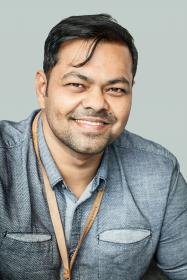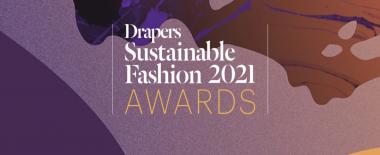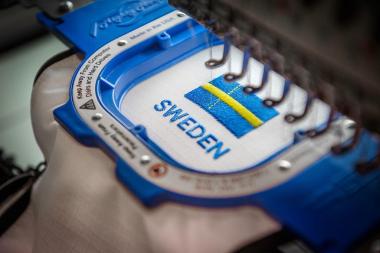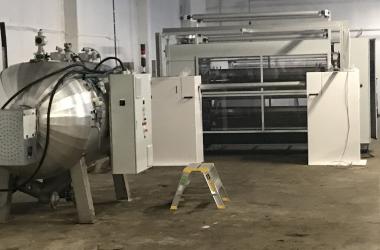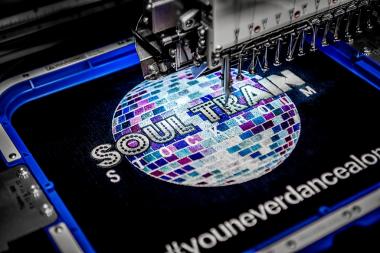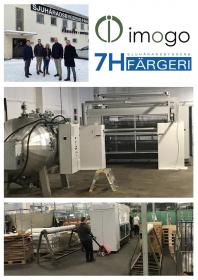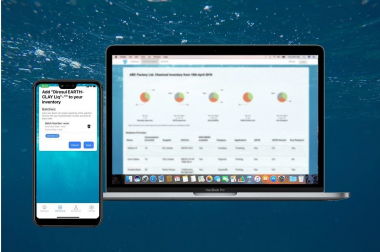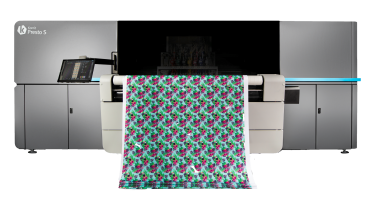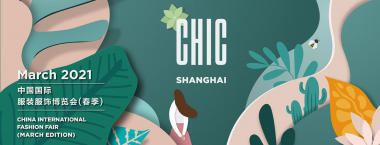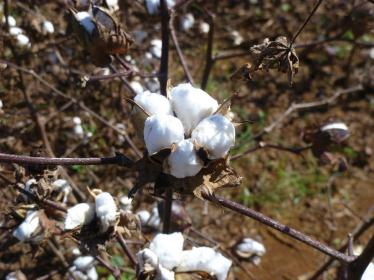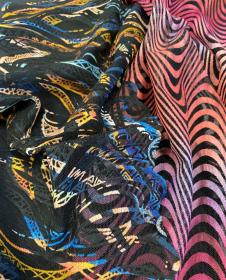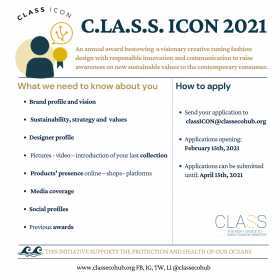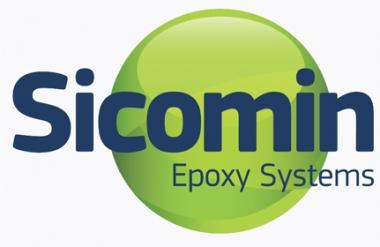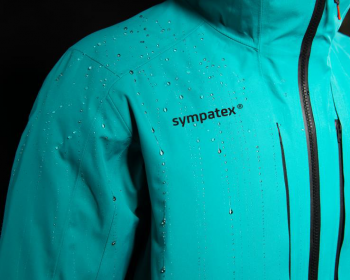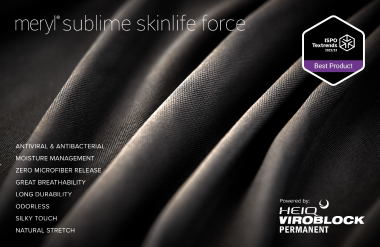Mostafiz Uddin Wins Coveted Drapers Sustainable Fashion Champion Award
- Mostafiz Uddin, Managing Director of Denim Expert Limited and Founder of Bangladesh Apparel Exchange (BAE) has won Sustainable Fashion Champion at the Drapers Sustainable Fashion Awards 2021, which took place virtually on 10 March.
On receiving the award, Mostafiz said he wants to be a game-changer in the apparel industry, leading by example to inspire others to behave responsibly and ethically.
He also dedicated the award to H&M which, he explained, supported his business, Denim Expert, through the pandemic by continuing to place orders He said the loyal support of the Swedish fashion giant almost certainly helped save the livelihoods of 2000 workers at his factory and their 10000 family members. “That’s true sustainability leadership,” he said.
The Drapers Sustainable Fashion Awards recognise steps being made in reducing the fashion industry’s environmental impact and creating fairer working conditions across the supply chain.
Judged by an independent panel of sustainability and fashion retail experts, the awards shine a spotlight on best practice within the global fashion industry.
Covid-19 has presented unforeseen challenges for fashion retailers and brands, but it has also given us all an opportunity to build back better. Forward-thinking fashion businesses know change is not optional, and are embracing their responsibilities and ability to make a difference.
Mostafiz Uddin has been recognised as the Sustainable Fashion Champion 2021 for setting examples in promoting sustainability during the Covid-19 pandemic which broke out worldwide in March last year.
Jill Geoghegan, Acting Editor of Drapers, said: “Despite the challenges thrown up by the Coronavirus pandemic, fashion brands and retailers increasingly recognise that sustainability is a business imperative.”
“Many businesses continued to invest in cleaning up their supply chains and introducing new models of working, despite the unprecedented trading conditions.
“The Drapers Sustainable Fashion Awards highlight and celebrate these advancements, paving the way for a more responsible future for the industry.” Managing Director of Denim Expert Limited Mostafiz Uddin said: “In the pandemic, my factory Denim Expert Limited kept true to its commitment towards sustainability, despite an extremely difficult trading landscape.
“During the pandemic, I was vocal about the issue of buyer-supplier relationships and, in speaking out, I wanted to champion the cause of suppliers all over the world. Too often suppliers in garment supply chains do not have a voice because they fear that by speaking out, they will be treated unfavourably by brands.
“This was, of course, a risk on my own part but I like to think I stood up for what I think is right and ultimately, I believe progressive brands understood I was coming from a good place. Like them, all I want to see is a fair, ethical and sustainable industry where brands and retailers work in an environment of collaboration, not conflict.”
Mostafiz also had some special praise for H&M. He said: “It would have not been possible for me to support my workers during the pandemic, had my factory not received help from H&M during the unprecedented time. While Denim Expert suffered from huge orders cancellation and orders hold, H&M supported us by placing orders in the pandemic that saved thousands of lives and livelihoods. Therefore, I would like to dedicate this Award to H&M and its CEO Helena Helmersson.”
The judges of Drapers Sustainable Fashion Champion Award 2021 have been Kerry Bannigan, Founder, Conscious Fashion Campaign; Sarah Ditty, Global Policy Director, Fashion Revolution; Miriam Lahage, Founder, Aequip; Samata Pattinson, CEO, Red Carpet Green Dress; Caroline Rush, Chief Executive Officer, British Fashion Council; Lucy Shea, Group CEO, Futerra; Jane Shepherdson, Chairman, My Wardrobe HQ; and Dilys Williams, Director, Centre for Sustainable Fashion.
Drapers Sustainable Fashion Champion Award Mostafiz Uddin Denim Expert Ltd. Bangladesh Apparel Exchange Drapers Sustainable Fashion Forum sustainable fashion apparel industry
Denim Expert Limited


